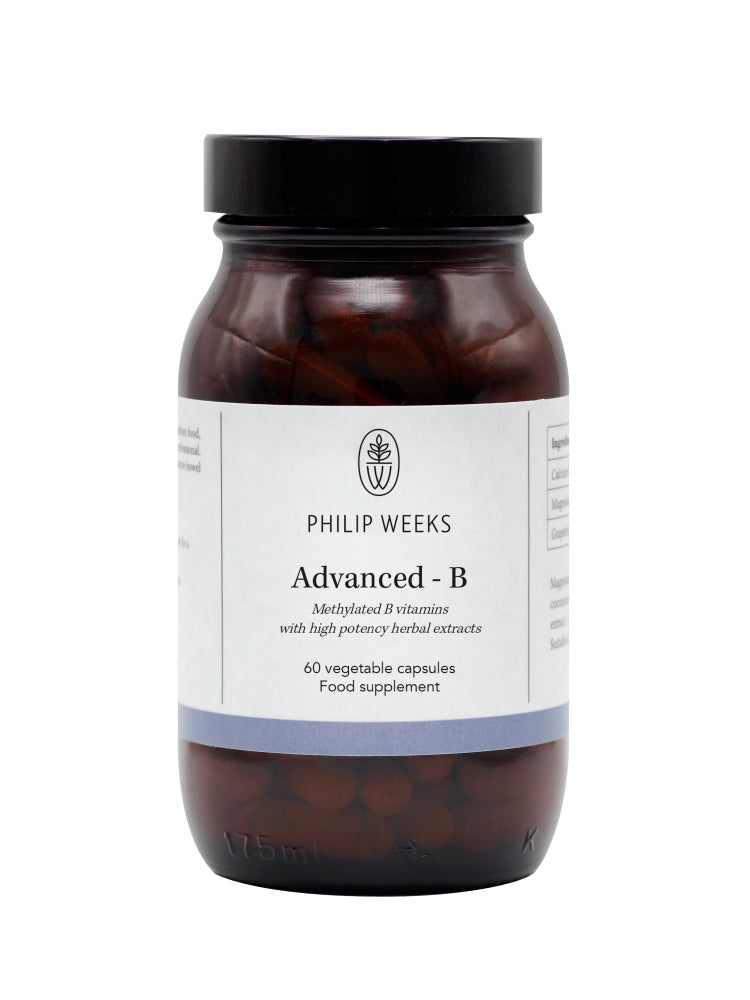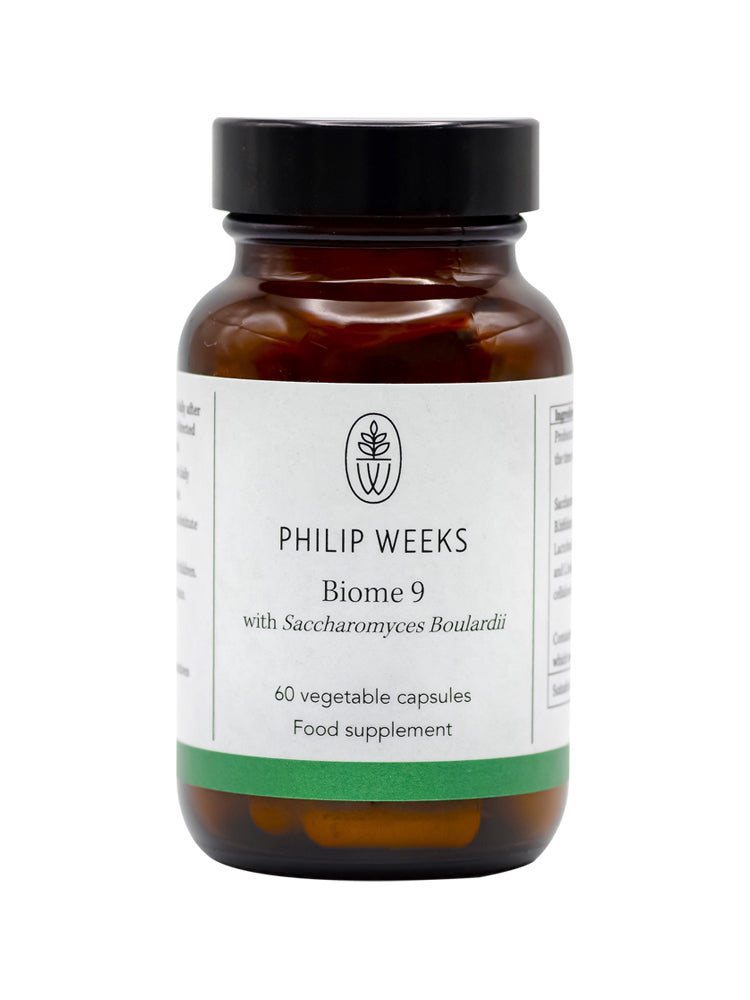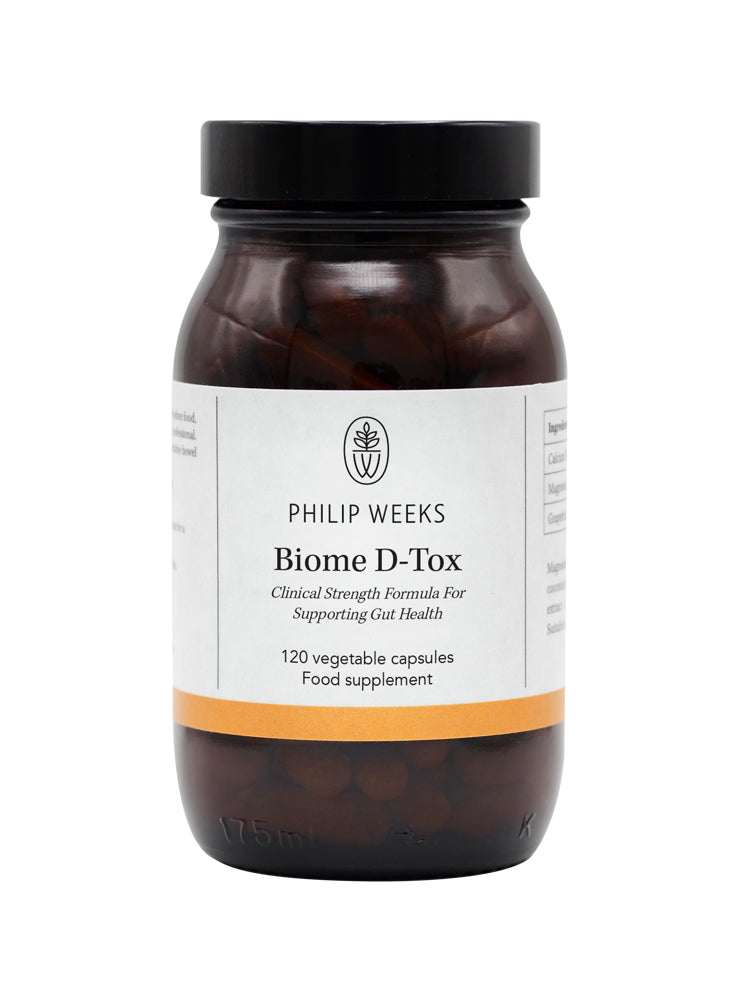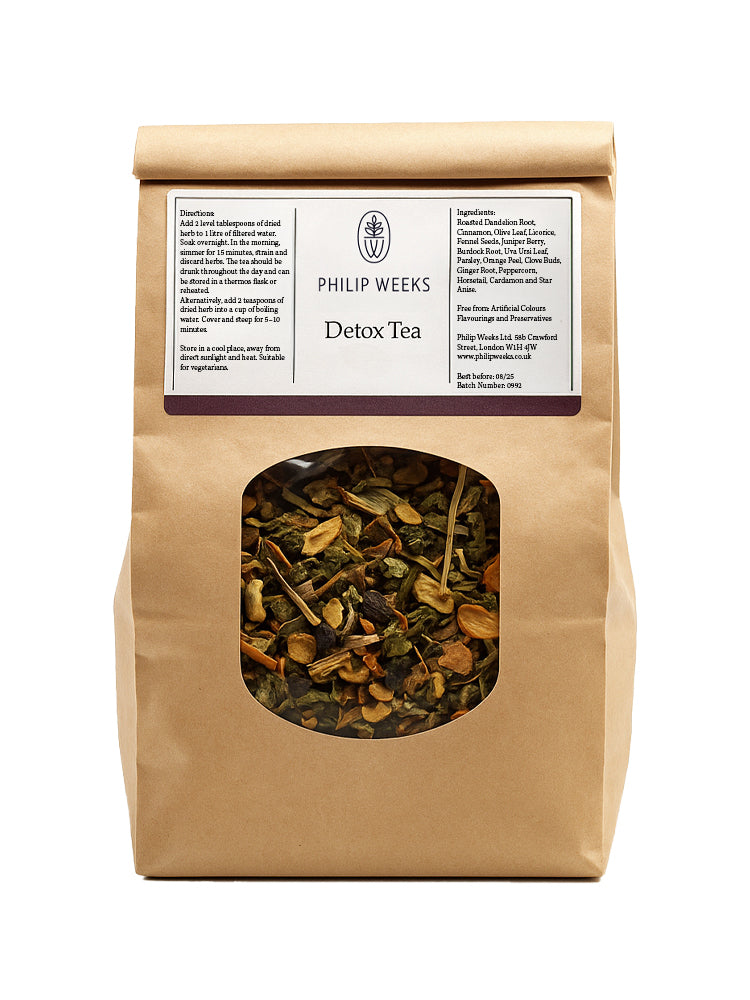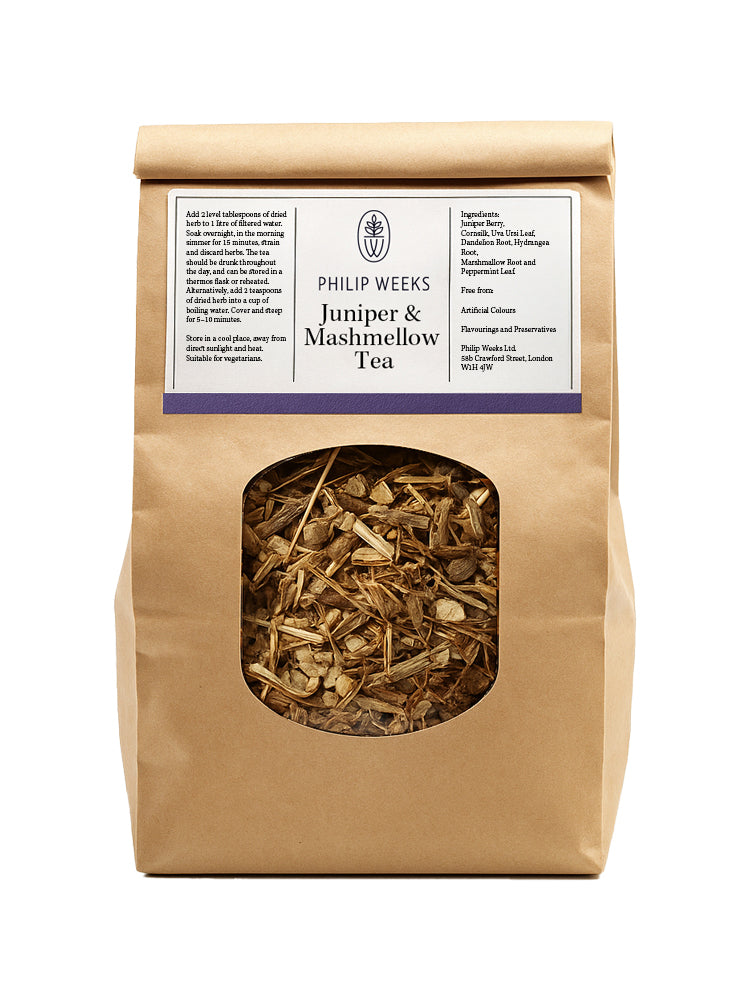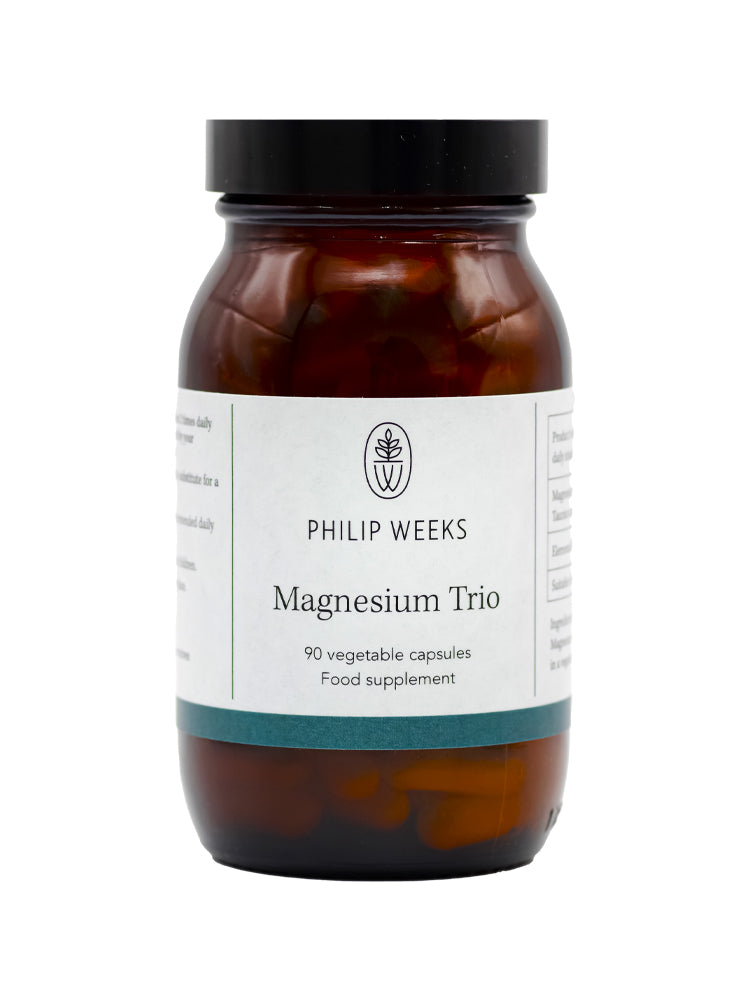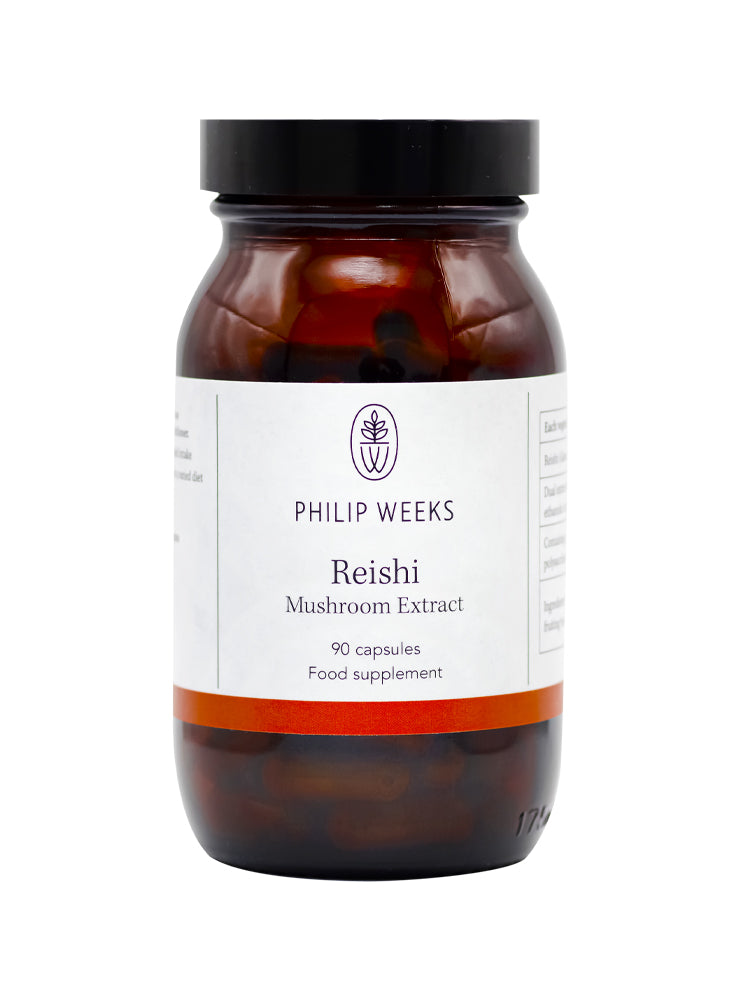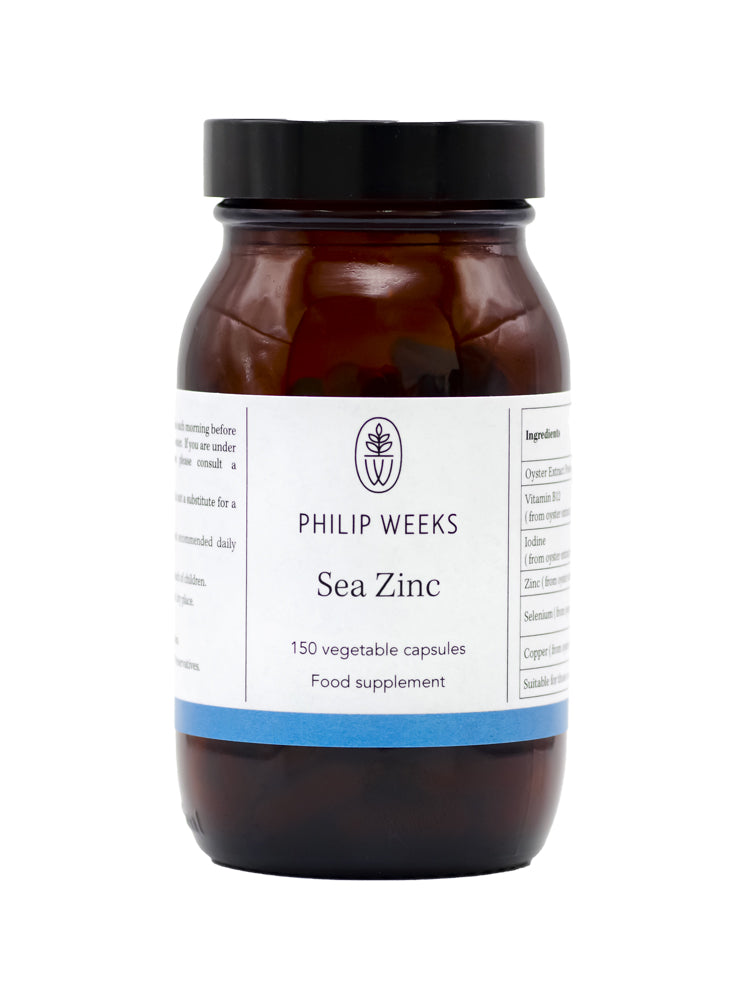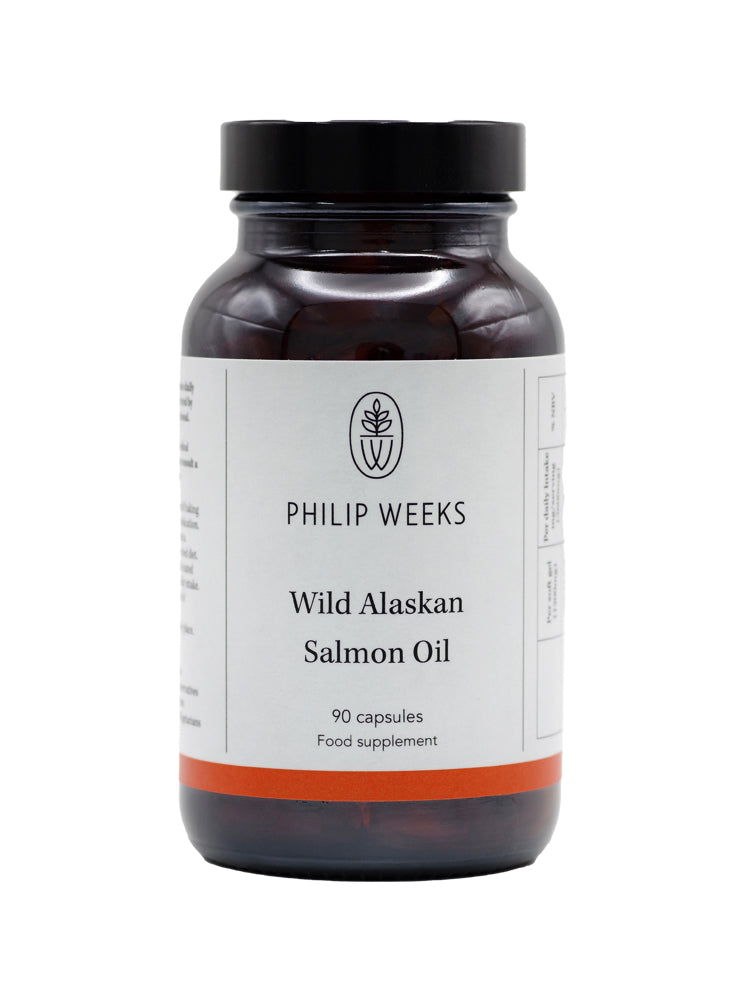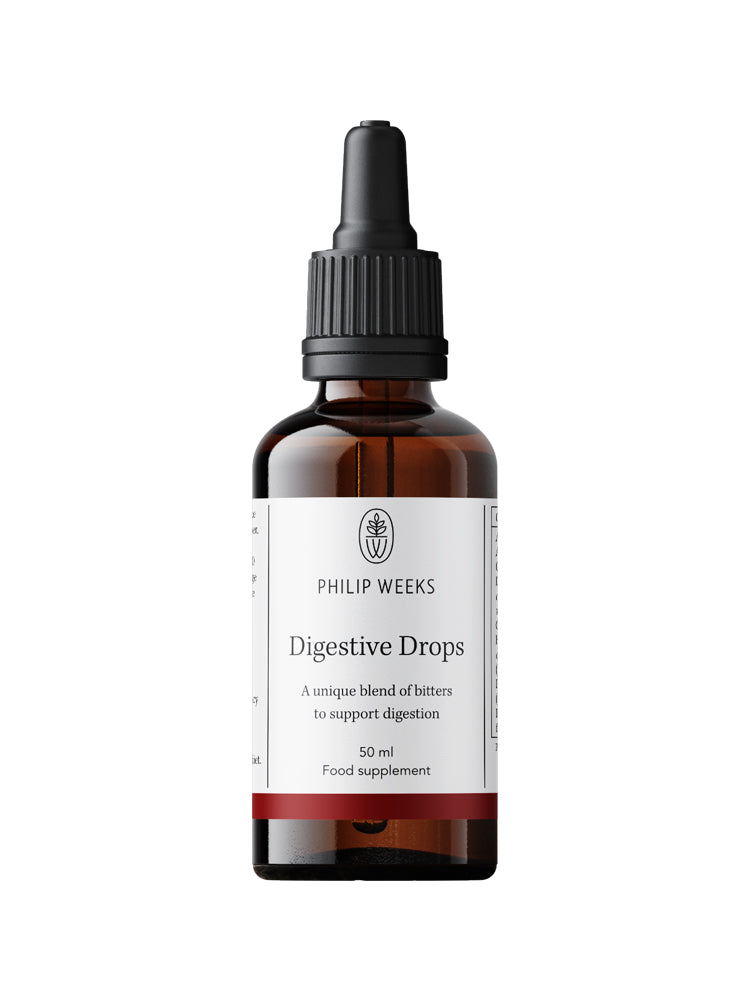It's no secret that maintaining optimal gut health is paramount for overall well-being.
Through a myriad of scientific studies, we've come to understand the profound impact of dietary choices and our environment on the composition of our gut microbiota.
"All disease begins in the gut." - Hippocrates
The Western-style diet, rife with processed foods, sugar, seed and vegetable oils as well artificial additives has been found to disrupt gut microbial diversity, leading to a condition known as dysbiosis.
Dysbiosis, a term signifying an imbalance in the gut microbiota, can trigger a cascade of adverse health effects, affecting everything from gut barrier function to immune system regulation. The overgrowth of the ‘bad’ bacteria can have a systemic effect on the whole body contributing to conditions which might seem initially unrelated. I found out many years ago whilst working with patients with chronic bladder infections that in many instances it was an imbalance in the gut bacteria that would be driving chronic bladder inflammation. It led me to write the book “Painful Bladder Syndrome’ which was also translated into Chinese.
Vegetable oil and seed oils can sound like the ‘healthy’ choice. But they are highly processed and high in omega 6 oil, which can lead to inflammation in the body. The consumption of vegetable, soya, canola / rapeseed and sunflower oil has been linked to inflammatory conditions such as inflammatory bowel disease. Whereas oils that are not ultra-refined such as raw olive oil, ghee made from butter (which is high in butyrate) and omega 3 oil fish oils have the opposite effect and are anti-inflammatory.
Environmental factors and toxins, overuse of antibiotics and poor lifestyle choices can all contribute to a worsening of the quality of our microbiome. As the number of beneficial bacteria and the different species are reduced in number in the gut, pathogenic or bad bacteria and fungus such as candida can over grow creating dysbiosis.
Research has shown that before we get a chronic illness or disorder, the gut bacterial balance becomes disordered, and that we can’t get better until the microbiome is restored.
Dysbiosis has been associated with various health issues:
- Digestive wind, gas and bloating
- IBS (Irritable bowel syndrome)
- IBD (Inflammatory bowel disease).
- Foggy brain
- Obesity and Metabolic syndrome
- Poor blood sugar control and Type 2 diabetes
- Eczema and skin inflammation
- Chronic fatigue
- Reduced immune function
- Joint inflammation
- Chronic muscle pain such as fibromyalgia
- Chronic bladder infections
- Poor quality sleep
Diet
The first recommendation is usually to cut out seed oils and vegetable oils. The second is to cut out all sugar from the diet. Refined sugar, maple syrup and fruit juice feed the ‘bad’ bacteria and contribute to ‘dysbiosis’ as well as refined carbohydrates which are broken down quickly in the digestive tract such as white pasta and bread.
But it’s not just about reducing problematic foods we can help tackle dysbiosis by ‘crowding’ out the rogue bacteria. We can support this by consuming beneficial bacteria contained in fermented foods such as raw sauerkraut, kefir, kombucha and kimchi as well as from probiotic capsules such as our ‘Biome 9’.
Taking cider vinegar before meals can help improve the digestion and breakdown of food as the more efficient the digestion the better our balance of gut bacteria.
Foods high in Ellagic Acid and Ellagitannins
These compounds are a type of polyphenols which are available in food, that can boost the presence of good bacteria in the gut and help the immune system to control the bad bacteria and yeast. They are present in:
- Blueberries
- Raspberries
- Blackberries
- Wild Strawberries
- Cranberries
- Pomegranate
Nuts are also a source, particularly:
- Walnuts
- Almonds
- Pecans
Drinking tea is also a good source:
- Green Tea
- Black Tea
- Pu’er Tea (fermented tea leaves)
Tackling Dysbiosis
Directly targeting the rogue bacteria and yeast overgrowth often needs potent compounds. Many of these are available as plant extracts.
The ones that I have found most useful in the clinic are:
- Oregano Oil extract: A potent antibacterial, anti-fungal and antiparasitic.
- Calcium and Magnesium Caprylate: Kills rogue bacteria and is the ingredient that is in breast milk that helps supports a healthy gut lining.
- Berberine HCI: As well as targeting unhealthy bacterial overgrowth, can support digestion and blood sugar balance. Improves gut immunity and reduce inflammation.
- Grapefruit Seed Extract: a broad spectrum antibacterial and antifungal and supports the growth of beneficial bacteria.
I formulated Biome D-Tox based on years of clinical practise whilst monitoring gut tests to see what extracts were most effective. Some of the ingredients have been difficult to obtain and we created a unique formula without the use of any fillers and nasties. A comprehensive and potent formula for supporting healthy gut function with ingredients that work synergistically for those with Candida, SIBO and intestinal parasites.



